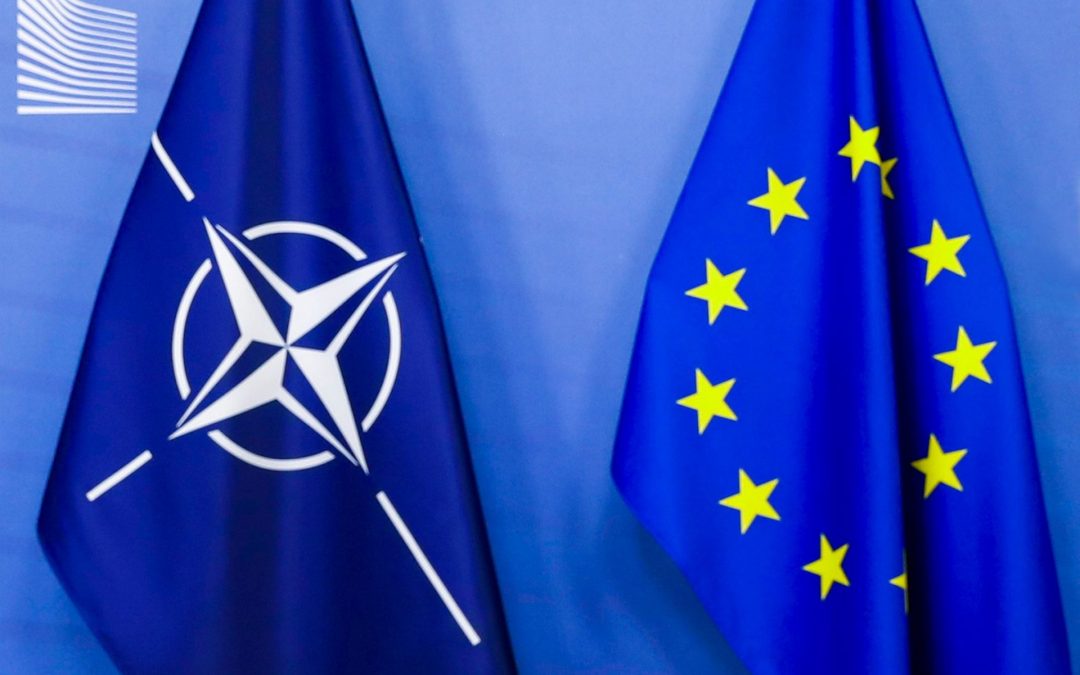Prague – The Ministry of Foreign Affairs intends to allocate 120 million crowns each year from 2025 to 2027 for the deployment of Czech experts to the civilian structures of the European Union and international governmental organizations, as well as to election observation missions, the same amount as in the current three-year period. This is based on a document approved by the government today, which is available to the CTK.
According to the Ministry of Foreign Affairs, the ongoing Russian aggression against Ukraine shows that instability and conflicts beyond the EU’s borders, which have negative impacts on our security, will continue to be part of the international security environment. “With the strengthening of existing and the emergence of new initiatives by the EU, NATO, OSCE, UN, and other international organizations (for example, the establishment of a new EU civil mission in Armenia and Moldova), the need to deploy experts is increasing, including ensuring quality preparation for deployment. A persistent task is also to strengthen the resilience of endangered countries in the wider neighborhood of the EU, fight against illegal migration, and stabilize other post-conflict countries and regions,” the ministry stated in the submission report.
In many cases, the deployment of civilian expert missions is the most effective and economically advantageous tool for preventing, stabilizing, and developing crisis regions, or it is a purposeful complement to military operations, the document states. According to the ministry, the representation of Czechs in international governmental organizations is low, so it is desirable to send experts. “During their work in international structures, they represent a valuable source of information both for the representation of the Czech Republic at these international governmental organizations and for the sending departments,” the material states.
For this year, approximately 75 Czech experts are expected to be deployed to civilian structures and missions of international governmental organizations, including short-term deployments and internships, and up to 150 experts to election observation missions. 120 million crowns have been allocated for this purpose. In the medium-term outlook for the next three years, the same amount is expected. However, before the budget debate for 2026 and the following period, a review and strategic discussion on budget utilization and the possibility of increasing the total amount will take place. (August 21)
 go to the original language article
go to the original language article
